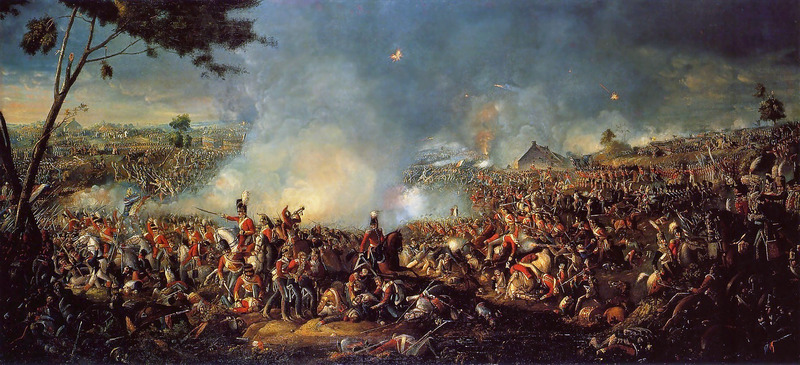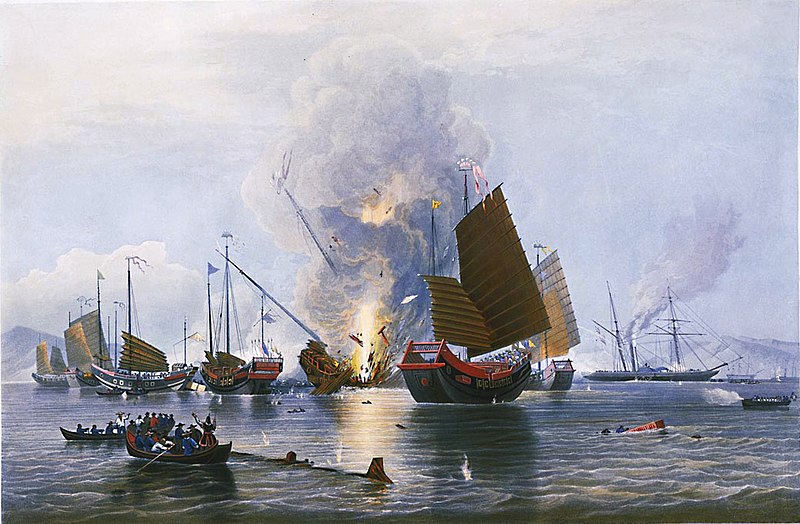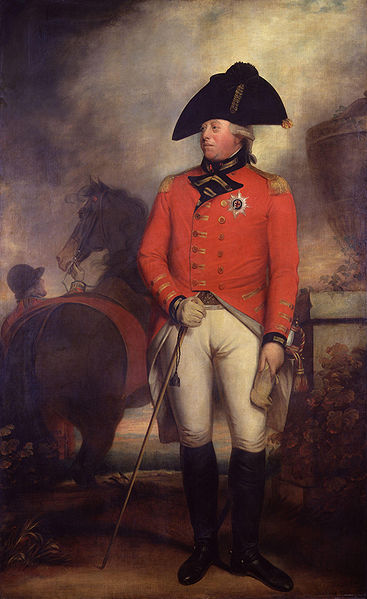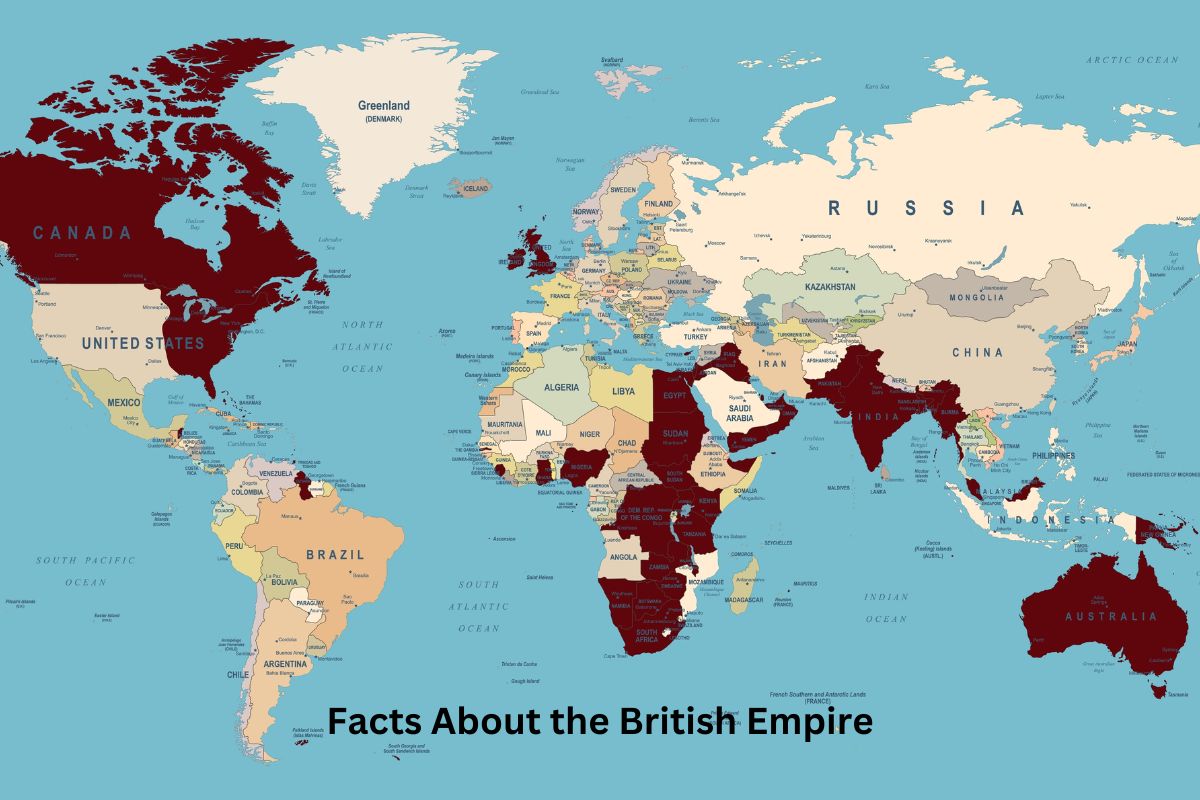The British Empire was one of the most expansive and influential empires in history, spanning a vast geographical expanse and shaping the course of global events for centuries. Originating with colonial ventures in the Americas during the 16th century, the empire’s growth was driven by trade, conquest, and colonization.
It reached its zenith in the late 19th and early 20th centuries, encompassing territories across Africa, Asia, the Pacific, and the Middle East.
The empire’s legacy is characterized by both its positive contributions, such as technological advancements and cultural exchange, as well as its controversies, including economic exploitation and cultural displacement.
The British Empire’s impact on politics, economics, cultures, and societies reverberates even today.
British Empire Facts
1. One of the largest empires in history
The British Empire stands as one of the most extensive and influential empires the world has ever seen.
At its zenith, which occurred during the late 19th and early 20th centuries, it covered approximately one-quarter of the Earth’s landmass and encompassed a significant portion of the global population.
Also Read: History of Britain Timeline
Its dominion reached across diverse regions, including the Americas, Africa, Asia, the Pacific, and the Middle East.
2. Started with colonies in the Americas
The origins of the British Empire trace back to the 16th century when British explorers and settlers established colonies in the Americas.
Also Read: Timeline of the British Empire
Notably, the first successful English colony was Jamestown, founded in Virginia in 1607. Over time, these colonies expanded along the eastern coast of North America, marking the initial steps in the empire’s growth.

3. Expanded through trade, conquest, and colonization
The British Empire’s expansion was fueled by a combination of trade ventures, military conquests, and colonization efforts.
The empire established trading posts and ports in strategic locations, facilitating the exchange of goods, resources, and ideas between the colonies and the mother country.
Additionally, military campaigns and colonization projects in Africa, Asia, and the Pacific further extended the empire’s territorial reach.
4. Benefited from the Industrial Revolution’s advancements
The British Empire experienced significant growth and influence during the Industrial Revolution, a period characterized by technological advancements and economic changes.
Innovations in transportation, communication, and manufacturing played a crucial role in expanding the empire’s reach.
Steamships, railways, and telegraphs made it easier to connect distant colonies, enabling the efficient movement of goods, information, and people.
The rise of industrialization also increased the demand for raw materials and resources, which the empire could access through its vast colonial territories.
5. Created trading posts for goods exchange
Central to the expansion of the British Empire was the establishment of trading posts and ports in key regions. These trading posts served as hubs for exchanging goods, resources, and cultural influences between the colonies and the mother country.
The British East India Company, for example, set up trading posts in India, where they engaged in commerce and played a significant role in shaping the empire’s presence in the Indian subcontinent.

6. Impacted cultures, languages, and legal systems
As the British Empire extended its influence, it left a lasting impact on cultures, languages, and legal systems in its colonies.
The English language was often introduced as the medium of administration and education, leading to its widespread adoption in many parts of the world.
British legal systems, governance structures, and educational institutions were also established in various colonies, leaving a legacy that continues to influence these regions to this day.
7. Involved in the “Scramble for Africa”
The late 19th century saw a period of intense competition among European powers to colonize Africa, often referred to as the “Scramble for Africa.” The British Empire was a major participant in this race for territorial acquisition.
This expansion into Africa led to the colonization of territories across the continent, resulting in the redrawing of borders and significant political, economic, and social changes for the indigenous populations.
8. Ruled India under British Raj until 1947
One of the most significant chapters in the history of the British Empire was its rule over India. The British East India Company gradually gained control over large parts of India through a combination of diplomacy, warfare, and economic exploitation.
This culminated in the establishment of direct British rule, known as the British Raj, which lasted from 1858 until India gained independence in 1947. The British Raj had a profound impact on Indian society, politics, and culture, shaping the course of India’s history.

9. Fought Opium Wars with China over trade
The British Empire’s engagement with China led to a series of conflicts known as the Opium Wars. These wars were primarily triggered by trade imbalances and disputes over the opium trade.
The British East India Company had been exporting opium from India to China, leading to widespread addiction in China and a drain of silver to pay for the opium.
Tensions escalated, resulting in military conflicts between Britain and China. The Opium Wars ultimately resulted in the Treaty of Nanking (1842) and subsequent treaties, which ceded territory to foreign powers and opened China to increased foreign influence.
10. Established a global trade network
The British Empire’s vast network of colonies and trading posts facilitated the establishment of a global trade network. This network connected distant regions and allowed for the exchange of goods, ideas, and cultures across continents.
Commodities such as spices, textiles, raw materials, and manufactured goods were traded between colonies and the mother country, contributing to economic growth and shaping global trade patterns.

11. Decolonization wave after World War II
The aftermath of World War II witnessed a significant wave of decolonization as colonies across the world sought independence from colonial rule. The British Empire, weakened by the war, faced growing pressure to grant autonomy to its colonies.
This led to a process of decolonization, with many former British colonies gaining independence in the decades following the war. This period of transition reshaped the geopolitical landscape and marked the decline of the empire.
12. Legacy includes benefits and controversies
The legacy of the British Empire is a complex topic. While the empire brought certain benefits, such as infrastructure, technology, and administrative systems, it also left a legacy of exploitation, cultural displacement, and inequality in many parts of the world.
The impact of colonial policies on indigenous populations, as well as the displacement of cultures and languages, continues to be a subject of debate and reflection.
13. Led to the formation of the Commonwealth
Following the dissolution of the empire, a voluntary association known as the Commonwealth of Nations was formed.
The Commonwealth consists of former British colonies and current members who share historical ties and cooperate on various fronts, including economic development, education, and cultural exchange.
The Commonwealth reflects a desire for continued collaboration among member countries, even after the era of formal colonial rule.
